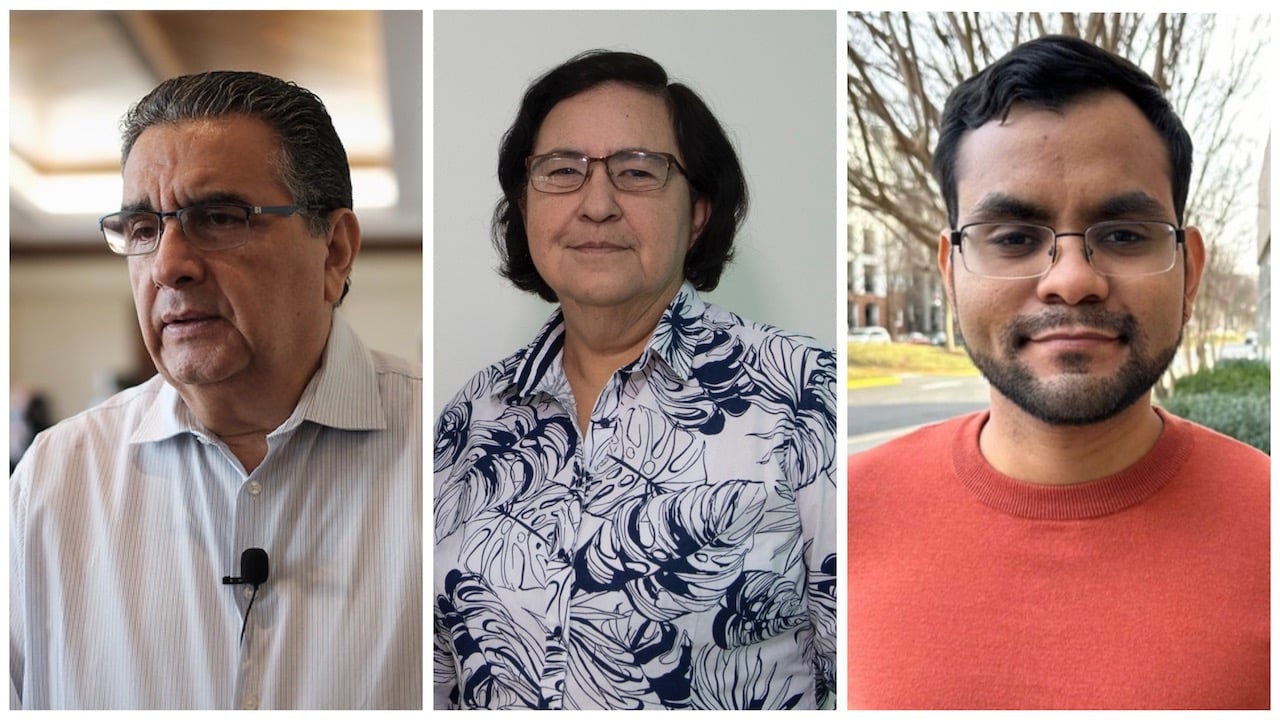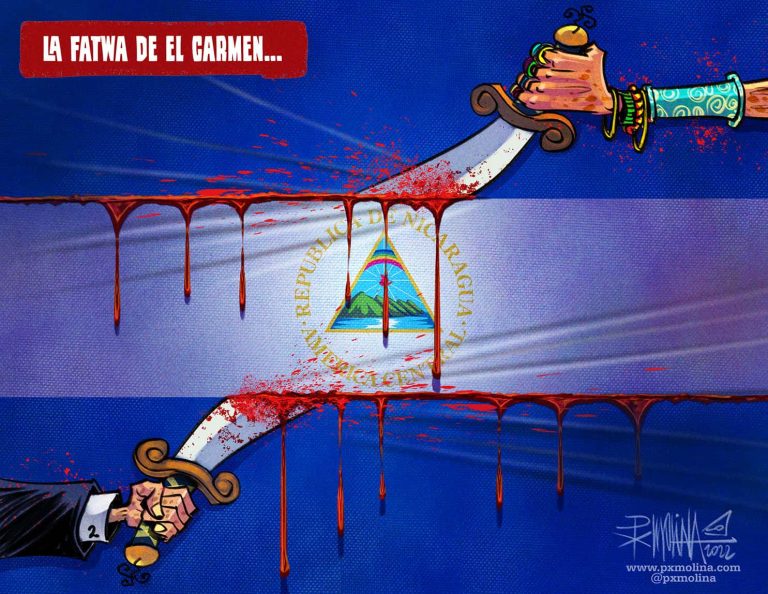24 de agosto 2022

Dialogue and Elections: “The Peaceful Way Out of the Dictatorship”

PUBLICIDAD 1M
PUBLICIDAD 4D
PUBLICIDAD 5D
What power is left to them now if not the power to ban, cancel, imprison? The dialogue should be with the future, not with the past

It’s become difficult to give an opinion these days. Is it worth offering an opinion about this regime, and the ever more surreal situation it continues leading Nicaragua into? Montaigne once said that the cruelty of those governing is nothing more than the expression of their fear of losing power.
Ortega and Murillo must know that – had it not been for their lack of scruples when they shot at a population that didn’t believe they were capable of doing so – they would have been forced to give up their power. The entire country rose up and asked them to do so. They should have left, but they refused. Now their decision to remain at any price leaves them face to face with their own wretchedness: every new day brings them to violate the few freedoms that remained.
The freedom of a bishop, for example, to call them out from the pulpit; the freedom of other priests, who thought the rulers wouldn’t dare go against the Church in a country where those governing proclaim themselves Christian. The honeyed voice of the ever-loyal wife – the only voice allowed – who has taken on the job of inventing reality, speaking of love in the name of a husband ever more scattered and illogical, and hasn’t ceased reflecting the intimate truth of their defeat.
Husband and wife embrace their pyrrhic victory, refusing to accept the evidence of the vacuum they’ve thrust the country into. Nicaragua is now a country where there’s nothing they don’t control through their arms and fear. They hedge their bets against their own fear by attacking everything that previously sustained their power.
What power is left to them now, but the power to forbid, cancel and imprison? Who among those who love them doesn’t owe them something: their job, their wealth, the empty epaulettes on their General’s uniform? Who still thinks, like before, that the Police are respectable? What is left them but a country condemned to eternal poverty, devoid of opportunities, a country where emigrating is the best conceivable future, where their stubborn refusal to recognize errors and demonstrate some level of maturity or compassion has put them on the level of the world’s most detestable tyrants?
The Pope, who seems to want to continue believing that they’re capable of reason, asks them to dialogue. However, the truth is that there can be no dialogue in a country where the voices of those capable of proposing something different have been silenced. Ortega and Murillo would first have to confront their own fear of freedom, in order to grant it to others. They’d have to look straight on at the mistakes in the road they’ve chosen, abandon the arrogance that makes them blame others for the direction they themselves sought out. They’d need to free the prisoners, allow early and free elections, yield to the popular will. The dialogue would have to be with the future, not with the past – it would have to be based on humility, not on arrogance.
This article was originally published in Spanish in Confidencial and translated by Havana Times
Archivado como:
PUBLICIDAD 3M
Poeta y novelista nicaragüense. Ha publicado quince libros de poemas, ocho novelas, dos libros de ensayos, una memoria, y cuatro cuentos para niños. Su primera novela “La mujer habitada” (1988) ha sido traducida a más de catorce idiomas. Ganadora del Premio La Otra Orilla, 2010; Biblioteca Breve, de Seix Barral (España, 2008); Premio Casa de las Américas, en Cuba; Premio Internacional de Poesía Generación del ‘27, en España y Premio Anna Seghers de la Academia de Artes, de Alemania; Premio de Bellas Artes de Francia, 2014. En 2023 obtuvo el premio Reina Sofía de Poesía Iberoamericana, el más prestigioso para la poesía en español. Por sus posiciones críticas al Gobierno de Daniel Ortega y Rosario Murillo, fue despatriada y confiscada. Está exiliada en Madrid.
PUBLICIDAD 3D